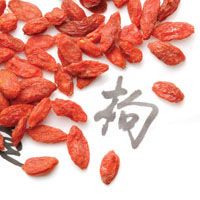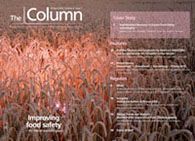Hoorah for herbal
PerkinElmer has announced that its technology can be used to ensure the safety of traditional Chinese herbal medicines.

PerkinElmer has announced that its technology can be used to ensure the safety of traditional Chinese herbal medicines. In a recent collaboration with the Chinese food and drug institute the company has shown that its inductively coupled plasma mass spectrometer (ICP-MS) technology can be used to monitor the inorganic impurities within these remedies. This collaboration came about amid concerns that herbal ingredients may contain potentially toxic contaminants.
Traditional Chinese herbal medicines (TCHMs) have been used for many years but in recent times have been modernized by transforming the plants and ingredients to solutions, soluble granules and tablets. These types of medicines are used worldwide and as such are grown in varying types of soils and conditions, which means that there are biological variations giving rise to the need for safety, efficacy and quality evaluations.
From 1 July 2010, the Chinese Pharmacopoeia 2010 (CP) will take effect with an important update setting out limitations on five elements (Cu, As, Cd, Hg and Pb) for all venous herbal injections and some medicinal plants. In an application note available from the company, the ELAN ICP-MS instruments were used for the routine quantification of inorganic impurities in TCHM. It was demonstrated that the instruments were capable of establishing method detection limits for the five elements that were low enough to analyse and evaluate samples of TCHM so that the requirements of the CP were met.
More information on the products mentioned in this story or a copy of the application note are available from PerkinElmer’s website at www.perkinelmer.com
This story originally appeared in The Column. Click here to view that issue.

Regulatory Deadlines and Supply Chain Challenges Take Center Stage in Nitrosamine Discussion
April 10th 2025During an LCGC International peer exchange, Aloka Srinivasan, Mayank Bhanti, and Amber Burch discussed the regulatory deadlines and supply chain challenges that come with nitrosamine analysis.











